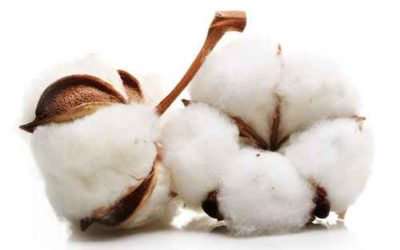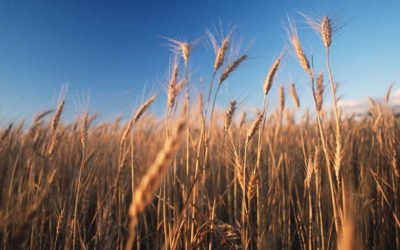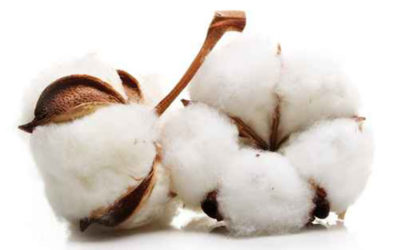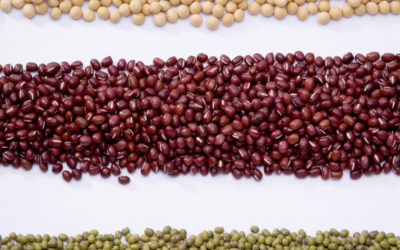Optimum performance in laboratory comparative testing of cotton
To confirm the high quality standards of our analytics, Impetus regularly participates in laboratory comparative studies. In February, Wagening Food Safety Research (WFSR), in cooperation with Organic Cotton Accelerator (OCA), Textile Exchange and Global Organic...
Quantitative identification of point mutations
Within the scope of the development of new plant varieties the seed industry relies on methods which allows the reliable identification of genetic modifications. In cooperation with an international seed company Impetus Bioscience has developed methods which allows...
Differentiation between wild boar and domestic pig
Again and again meat products labeled as "wild boar" enter the market but it is domestic pig. A reliable possibility for analytical testing was not available. In cooperation with a well-known research institute Impetus Bioscience has developed and validated an...
GMO ANALYSIS NOW POSSIBLE IN TEXTILE FINISHED PRODUCTS
The recently published „IWA32:2019 method“ allows the detection of genetic modifications in cotton, however, the field of application is severely restricted. Only the detection of genetic modifications is possible but neither the identification of genetically...
International interlaboratory ringtrial “IWA32:2019-Method”
The „IWA32:2019-Method“, which allows the detection of genetic modifications in cotton, was published in 2019. The first international interlaboratory ringtrial organised in 2020 by OCA (Organic Cotton Accelerator), GOTS (Organic Textile Standard) and WFSR (Wageningen...
Changes in the VLOG Standard from August 1, 2019
Dear Sir or Madam, VLOG regularly checks and updates the minimum analytical requirements defined in VLOG Standard concerning the scope of testing of raw materials and feed. We would like to inform you about current changes which are obligatory from August 1, 2019....
New phone number!
Please note our new telephone and fax number!! phone +49 421 95700 700 fax +49 421 95700 701
Our new website is online!
Reliable quantification of botanical impurities
Although compound feed , which, according to the recipe should be "Soya-free", soya can be detected in many cases. Since more than 80% of the soyabeans harvested worldwide is by now genetically modified, correspondingly many gmo-positive test results are achieved....
Quantitative DNA analysis of CMS
CMS plants (Cytoplasmic Male Sterility) have lost their capability to produce fertile pollen. This male sterility is based on a change in mitochondrial DNA sequence. CMS is a natural process observed in onion, sunflower, carrot, Japanese radish and many others. In...










